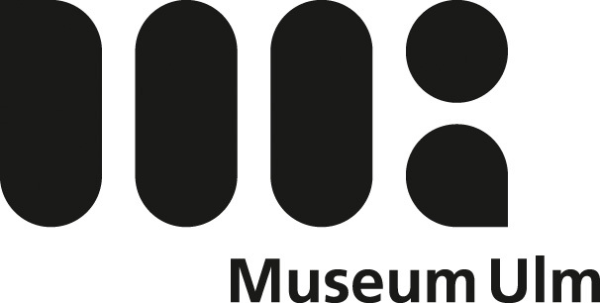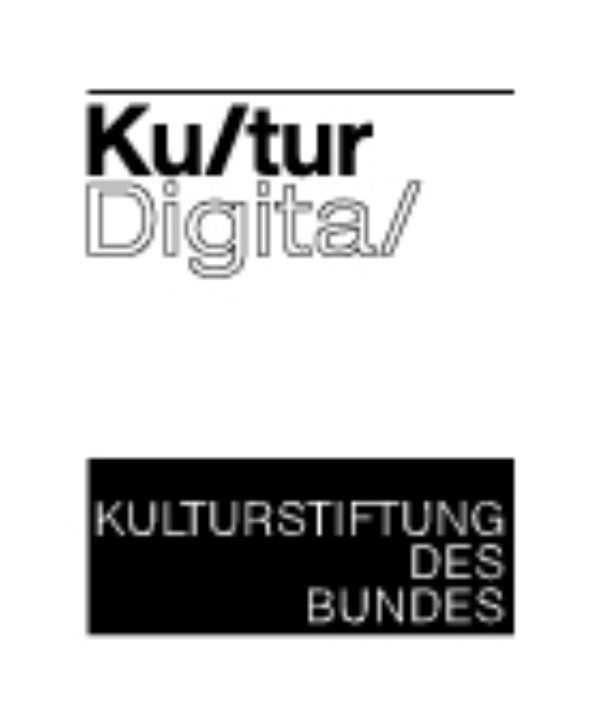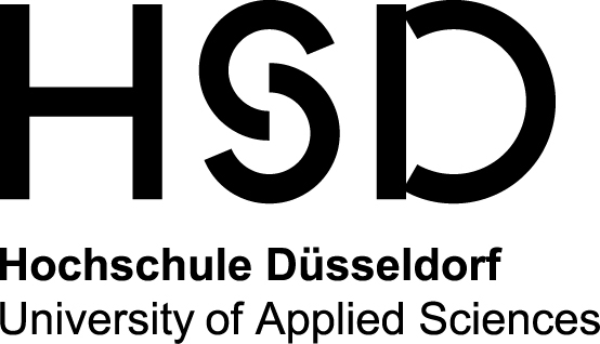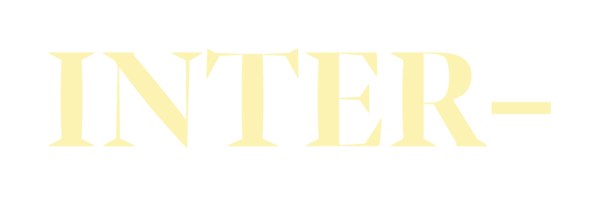nextmuseum.io

Nextmuseum io
What should the museum of the future look like? Supported by
the Federal Cultural Foundation’s Digital Fund, the NRW-Forum Düsseldorf
and the Museum Ulm are launching a movement for more democracy in the
art world: nextmuseum.io is a digital platform where curators,
artists, institutions, visitors and all those interested can now play an
active role in conceiving exhibitions and developing experimental
approaches.
Furthermore, free webinars and talks with curators and
experts such as Hans Ulrich Obrist and Alexa Jeanne Kusber offer
additional opportunities for open discourse. The new platform launches
today with a call for people to participate in the 2021 exhibitionWillkommen im Paradies (Welcome to Paradise) at the NRW-Forum Düsseldorf and the Museum Ulm. The platform is now accessible at
www.nextmuseum.io.

Nextmuseum xl 2
Dear community, your opinion is needed!
nextmuseum.io has been online for almost a year now and a lot has happened since then...16 Open Calls, about 40 events, around 500 members in the Telegram chat group and the first exhibitions digitally and on site.
With our platform, we have been able to reach out to numerous artists, giving them more visibility and the chance to be part of the exhibitions. In addition, there is a growing community of interested people who contribute to the various projects as well as future topics in the museum field and join the discussion in the chatgroup and the accompanying events.
But nextmusuem.io wants to be even more. We want users not only to comment and participate, but to actively shape and collaborate with the curators and museum teams.
Therefore, we are counting your opinion! You will need 5-10 minutes to fill out the anonymous questionnaire. With your feedback you contribute to making nextmuseum.io even more participative and user-oriented! You can also participate if you have just joined and don't really know the project yet.
Many thanks and best regards
Your nextmuseum.io team
Questionnaire: https://forms.gle/ZzNsiQNBsLtja8an6

Nextmuseum
Museums and cultural institutions are finding themselves in a state of change. The growing influence of digitalisation means that they have to meet changing demands, but they can also take advantage of new opportunities. The cross-institutional platform nextmuseum.io offers the opportunity to rethink the museum together with the public and to actively shape cultural spaces. The aim is to trial curating exhibitions through swarm intelligence, use digital means to create new ways of participation and empowerment, and collectively develop innovative presentation, education, and communication formats.

Nextmuseum join the diskussion
nextmuseum.io is an experimental research project organised in cooperation with the Museum Ulm and one of the fifteen projects funded by the Federal Cultural Foundation’s Digital Fund as part of their Kultur Digital
programme. Through the fund, the Federal Cultural Foundation is
able to help publicly subsidised cultural institutions in the fields of
digital curating, artistic production, mediation, and communication to
develop digital concepts. The launch of nextmuseum.io is the
first step of the four-year project, which will continue to be developed
on an ongoing basis. Together with technical partners such as the
Düsseldorf University of Applied Sciences and the wider community,
additional experimental approaches will be developed, resulting in
artificial intelligence being used to co-curate exhibitions,
communication between different exhibitions, and live curation by
visitors.

Nextmuseum curatediscuss and create
The platform nextmuseum.io is an opportunity for exchange, networking, and active co-creation. It thrives on the participation of artists, curators, institutions, and visitors and offers various ways of interacting: those interested can follow the projects online and gain an insight into the development of the exhibitions. Those who wish to become actively involved can comment on submitted works, suggest artists and experiments, and have discussions with curators and the rest of the community in the nextmuseum.io Telegram group chat. Artists can submit their own works. Those who would like to plan an exhibition themselves can create a curator profile on the platform, upload projects, and launch an open call for participants and the submission of works. All institutions are invited to realise collaborative exhibitions in their own venues.
Telegram
Stay up to date and join our Telegramgroup “nextmuseum.io” for questions, feedback and discussions: https://t.me/nextmuseum_io

Nextmuseum apply as curator
In addition to the collective development of projects, the platform
also provides a space for discourse and regularly offers free webinars, meetups, and talks with international curators, technologists, and experts.
The first webinar will take place on Tuesday, August 11, 2020 (4–4.45 pm), where Yasemin Keskintepe, curator at the German Hygiene Museum in Dresden, and Alexa Jeanne Kusber, curator at the Museum of Digital Art in Zürich, will discuss questions of Artificial Intelligence and Curating.
A discussion about digital transformation in cultural institutions with Katrin Glinka, a cultural scientist at the Humboldt University of Berlin, and Barbara K. Fischer from the German National Library’s Office for Library Standards is scheduled for September 8, 2020. Further webinar dates and different event formats with Hans Ulrich Obrist, Nana Oforiatta Ayim, and other speakers are in the pipeline.

Nextmuseum the platform for curation and creation
To launch the platform, NRW-Forum Düsseldorf and the Museum Ulm have issued an open call for the upcoming exhibition Willkommen im Paradies (Welcome to Paradise). The exhibition will take place in February 2021. Some of the artworks will be found via the platform. From July 1 to August 5, 2020, artists can submit works and those interested can get involved. Two additional projects will also provide opportunities for participation: the Viennese exhibition bureau Machen is issuing an open call for Friseum, a project about the cultural history of hairstyling. Daniel Hengst and Clemens Schöll are also announcing an open call for the virtual reality exhibition In VR We Trust.
nextmuseum.io is a joint project by the NRW-Forum Düsseldorf/Kunstpalast Düsseldorf and the Museum Ulm, funded by the Federal Cultural Foundation’s Digital Fund as part of their Kultur Digital programme and supported by the Beisheim Foundation.



media partner

project partners


Partners



